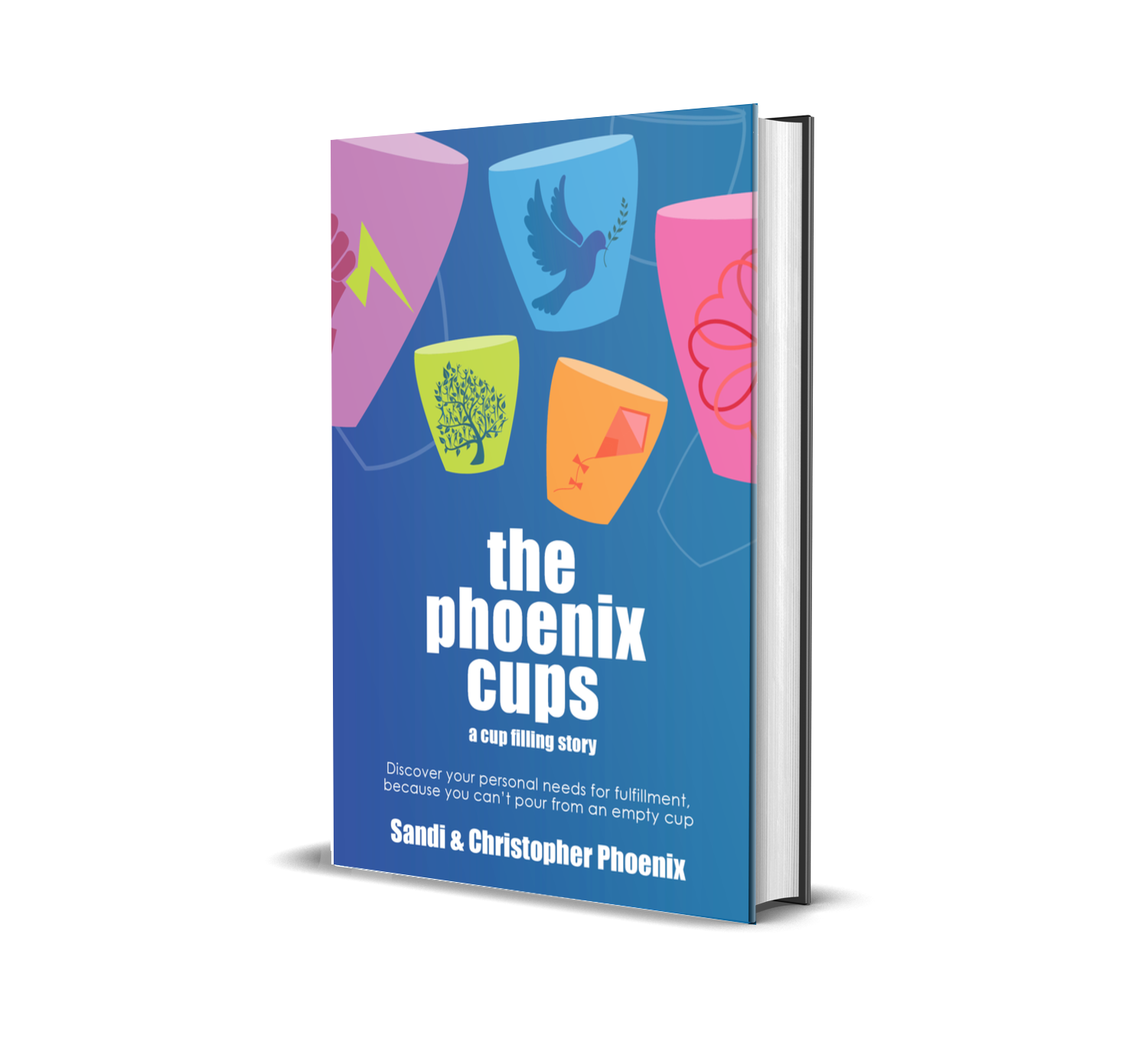The perfect storm that creates arguments over Toilet Paper
A 2 minute read by Sandi Phoenix
I'm going to attempt to demystify some of the behaviours we're seeing during these unusual times by explaining how the Safety Cup™ works. As you may know, the Phoenix Cups™ represents our needs as five Cups. It sounds simple, however, I'm about to throw at you some of the nuances of this framework that describes how complex our behaviours are - and why people might be doing things like fighting over toilet paper in the supermarket.
The Safety Cup™
When this Cup is full, we feel a sense of Security. Even though we all have this need, the size of the Cup differs between us. For example, Sam might have a very small Safety Cup while their colleague, Billy, might have a particularly large Safety Cup. Therefore, Sam requires less safety than Billy to experience a full sense of security. The other thing that varies from person to person is how full or empty that Cup is (or how met or not met the need is). It is likely that these two people sometimes have a hard time understanding each others behaviours, simply due to these differences alone. But this is not where the differences end.
The Skill to Fill™
Our behaviours can be Cup filling or Cup emptying, and these behavioural choices include both our thoughts and our actions. Another thing that is diverse between us is our ability to choose efficient Cup filling behaviours. We call this our Skill to Fill™. Our most skilled behavioural choices require the use of our prefrontal cortex, which is the last brain region to mature and is implicated in planning complex behaviour, decision making, and moderating social behaviour. These behavioural choices look different from person to person, for example, Sam has been filling their small Safety Cup by ensuring everything is clean and there's enough food to feed the family for a week, but Sam is mostly focusing on other Cups that are bigger for them. Billy, however, has a dominant Safety Cup (that means it is the biggest Cup in their needs profile) and they might feel more secure having a bunker of food and a toilet paper castle. While I'm not saying hoarding is considerate or cooperative, I do understand why some people might be choosing this behaviour regardless.
The Will to Fill ™
Now let me explain the perfect storm that creates the kind of behaviours where people will literally hurt each other to get the last pack of loo rolls. When a Cup is emptying it creates a Will to Fill. When the Safety Cup is emptying, filling that Cup will become a priority over all other Cups as it is necessary for survival. When a Cup is empty it triggers a stress response. In the case of an empty Safety Cup, we would have a very small amount of Security, we'd be driven to choose behaviours to get that need met via our Will to Fill, but the emptier the Cup, the less likely we're going to be using our Skill to Fill. This is because our basic impulse to survive is automatic and unconscious, and so uses an entirely different part of the brain. In fact, when our stress response is triggered, we move in to fight, flight, or freeze and the neural pathway to the Skill to Fill in our prefrontal cortex is shut down. We can lo longer access that wonderful complex decision making or see multiple perspectives, utilising our Skill to Fill. Instead, we're now geared to survive because our nervous system takes over to protect us.
The perfect storm in action
Now let's bring all that together. A person like Billy may be choosing shopping and preparedness to fill their Safety Cup. While they're at the shops, with their big empty Safety Cup, which has created a huge Will to Fill and a small sense of Security, this person perceives a threat - another shopper on the same mission, who has just swiped a toilet paper out of their trolley. In an instant, already near empty Cups are drained, the stress response is triggered, the Skill to Fill shuts down, and the Will to Fill the Safety Cup becomes automated by instinct to ensure survival.
And THAT is how viral supermarket fight videos are made.

The Phoenix Cups™ Book
Delve deeper into The Phoenix Cups and discover the philosophy behind every day behaviours. A life-altering experience that will open your eyes and change your perspective of why people interact the way they do, how their needs not being met affect their behaviour and what you can start doing to live your best life.

.png)

